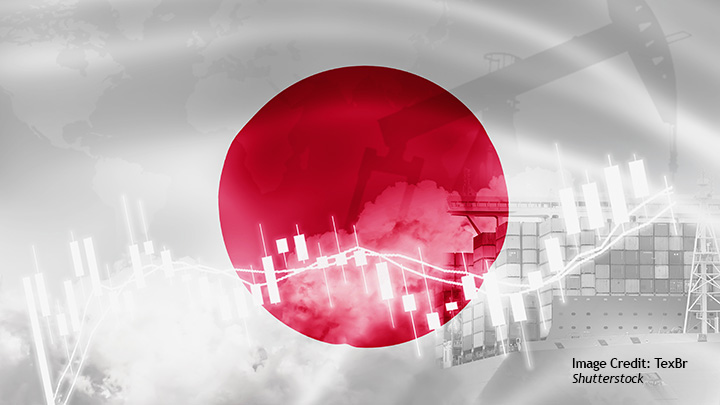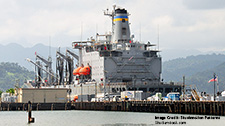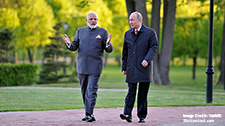Japan in 2022

Lars Vargö
Japan underwent important changes and developments during 2022. At the beginning of the year, the international trade agreement RCEP came into force. Borders started to open to foreign visitors towards the end of the year due to the Covid-19 restrictions. Japan disapproved of Russia’s invasion of Ukraine which also caused Japan to abandon its traditional security and defense policy and re-examine its energy policies promoting more sustainable energy. The assassination of former prime minister Shinzo Abe due to his connections to the Korean Unification Church among other politicians left Prime Minister Fumio Kishida in a weaker position based on the opinion polls. The overall foreign and security policy priorities highlighted a stable relationship with China and the importance of the alliance with the US and South Korea. On the contrary, the relations with South Korea saw signs of thaw during the year. North Korea remained a concern after firing missiles at the Sea of Japan and over Japan’s airspace.
Read this take by Lars Vargo, Head of the Stockholm Japan Center at the ISDP, published in The 2023 Annual Register: World Events (ProQuest: Annual Register), edited by D.S. Lewis and Wendy Slater
Related Publications
-
Not Drawing a Parallel. Ukraine and Taiwan: An Indian Perspective
Russia’s war against Ukraine has not only had economic, diplomatic, and geopolitical repercussions, but also exaggerated the fear of accelerated conflicts in the Indo-Pacific, a region with several unresolved conflicts […]
-
EU-Thailand FTA Negotiations: IUU Fishing and Human Rights Remain Obstacles
Thailand’s fishing industry, which at its height saw as many as 200,000 migrant workers from neighboring Laos, Myanmar, and Cambodia caught in a brutal system of abuse, withered global criticism […]
-
India-Japan-Philippines: A Strategic Maritime Trilateral or More?
Regional states like India, Japan, and the Philippines have been seeking cooperative solutions with other middle powers that can both counter the Chinese influence and fulfill other economic as well […]
-
The Limitations of India and Russia’s Transactional Relationship
Since Russia’s unprovoked invasion of Ukraine in February 2022, it might seem as though ties between India and Russia have strengthened. While much of the West isolated Russia, India-Russia energy […]
-
The Political Split at the Heart of Taiwan’s Struggle against Foreign Disinformation
Taiwan’s struggle against foreign disinformation and concerns about China’s impact on its 2024 election has received much international attention recently. This issue brief examines the domestic and international politics behind […]




